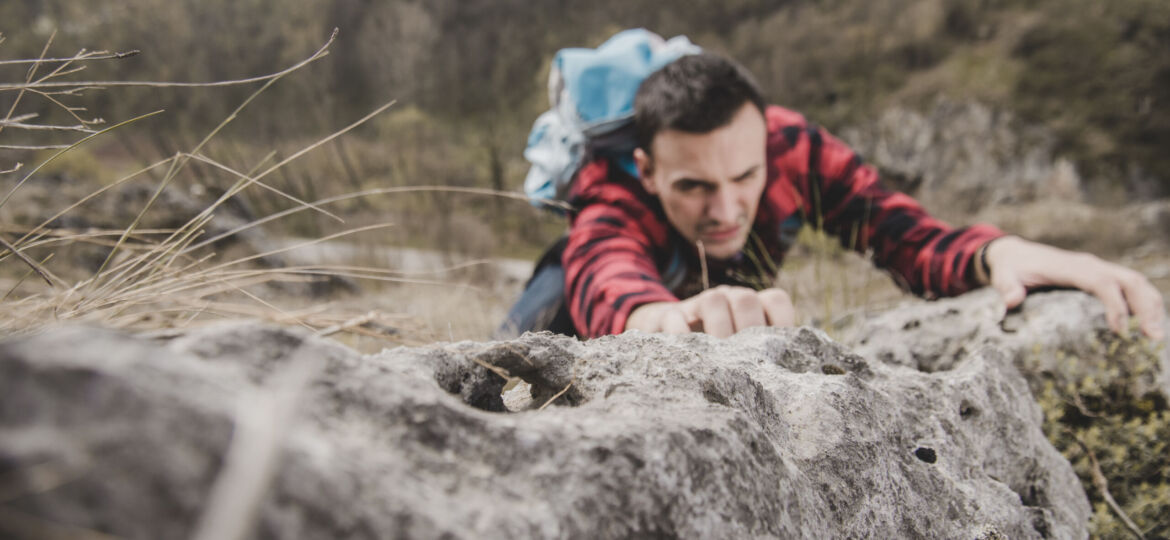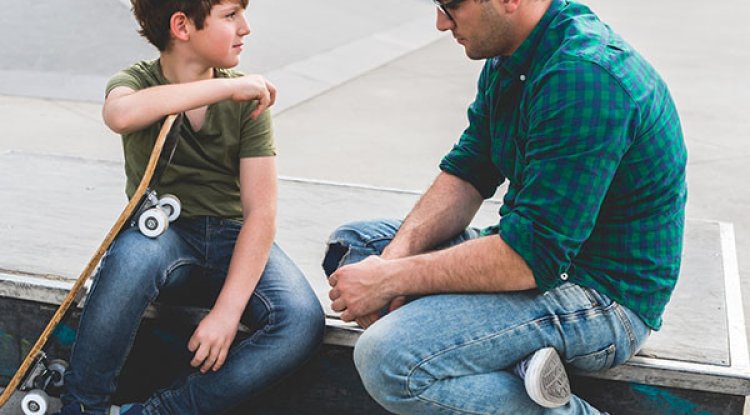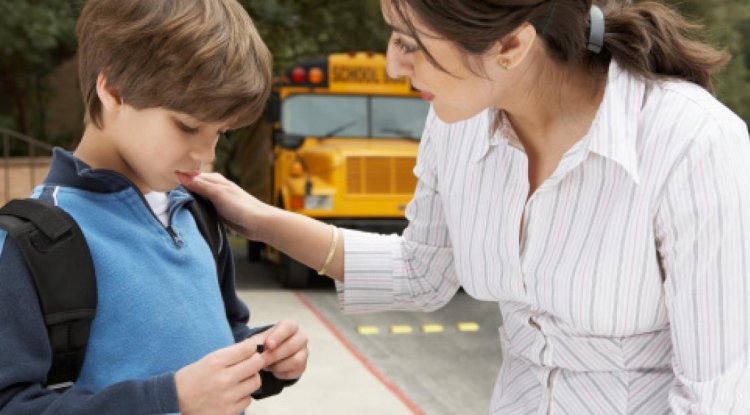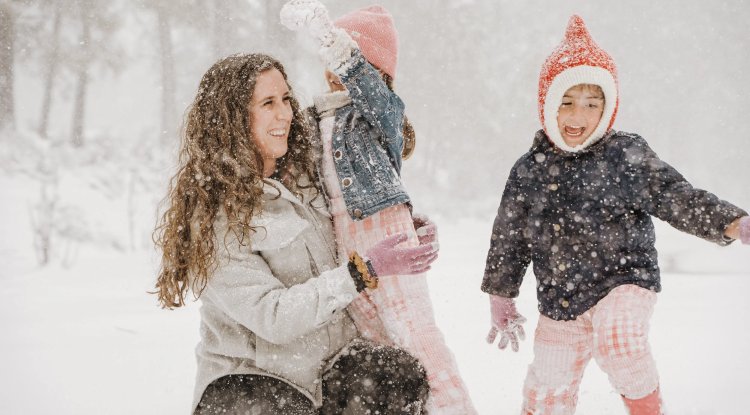6 Powerful Reasons Kids Need to Play Outside (And Why It Matters More Than Ever)
There’s one surprisingly simple thing you can do to boost your child’s lifelong health, creativity, and happiness: let them play outside freely and often.

In a world where screens glow brighter than the sun and childhoods are increasingly spent indoors, outdoor play has become something of a lost art. Between endless extracurriculars, concerns about safety, and the lure of digital entertainment, many children spend more time under artificial light than natural daylight. But the truth is a little dirt, sunshine, and unstructured play might be exactly what their bodies and minds crave.
Here are six essential reasons kids desperately need more time outdoors and why the benefits stretch far beyond scraped knees and grass stains.
1. Sunshine: The Original Multivitamin
Yes, sunburns are a concern, but sunlight itself is life-giving. Our skin needs sunshine to produce vitamin D, a nutrient vital for strong bones, healthy immunity, and emotional well-being.
Sun exposure helps regulate sleep patterns through melatonin and circadian rhythms, while also boosting serotonin, the “feel-good” hormone that lifts mood and focus. A few mindful minutes outside whether on the playground or in the garden can do what no supplement truly can: reconnect kids with nature’s rhythm.
2. Exercise: The Joyful Kind
Children should move their bodies for at least an hour every day, and there’s no better gym than the great outdoors. Outside, play isn’t choreographed, it's spontaneous.
A stick becomes a sword, a hill turns into a racecourse, and a patch of grass becomes an imaginary kingdom. Outdoor play naturally encourages running, jumping, balancing, and stretching, the kind of movement that strengthens not only muscles and bones but also confidence and coordination.
When kids play outside, they’re not just exercising. They’re learning to love the feeling of being alive in their own bodies.
3. Executive Function: The Art of Figuring Things Out
Building forts, inventing games, solving disputes all of it builds executive function skills like planning, problem-solving, negotiation, and creativity.
These are the quiet superpowers that determine success later in life, far more than memorizing spelling lists or winning trophies. Outdoor play gives children the unstructured time they need to flex these mental muscles.
When they’re allowed to get bored, make up rules, or settle playground arguments on their own, they’re practicing how to navigate the real world one muddy shoe at a time.
4. Risk-Taking: Courage in Small Doses

Here’s the truth that makes every parent’s heart skip a beat: kids need to take risks.
Climbing a tree might lead to a scrape. Asking to join a group of kids might lead to rejection. But both moments teach resilience. Children who are allowed to test limits within safe boundaries learn courage, adaptability, and how to handle failure without falling apart.
As uncomfortable as it can be to watch, these early experiences with risk are what help children grow into confident, self-reliant adults who don’t crumble at the first challenge life throws at them.
5. Social Skills: The Playground as Classroom
Unstructured outdoor play teaches children something no classroom ever could: how to navigate human relationships on their own terms.
On the playground, there are no referees or rubrics. Kids learn to share, compromise, include others, and lead all essential life skills that blossom when adults step back.
When children interact only in structured environments like school or sports, every interaction comes with rules. Outside, the rules are their own and that’s where social intelligence truly develops.
6. Nature Appreciation: A Seed for Stewardship
Perhaps the most lasting gift of outdoor play is that it nurtures a bond with the natural world.
Children who climb trees, dig in the dirt, or listen to the quiet hum of a summer evening are learning reverence for life, for balance, for the Earth itself.
Without these experiences, nature becomes abstract, something they see on screens instead of something they feel in their bones.
If we want future generations to protect our planet, they first need to love it. And that love starts with muddy shoes, mosquito bites, and moments of awe under an open sky.
The Bottom Line: Let Them Roam
So, do what parents once instinctively did: send your kids outside.
Let them climb, build, imagine, and breathe fresh air without constant supervision or direction. Even better, join them. Throw a ball, take a walk, share the sunset.
Because when children play outside, they aren’t just burning energy, they're building resilience, imagination, and a quiet kind of wisdom that no screen can ever replace.
What's Your Reaction?




















